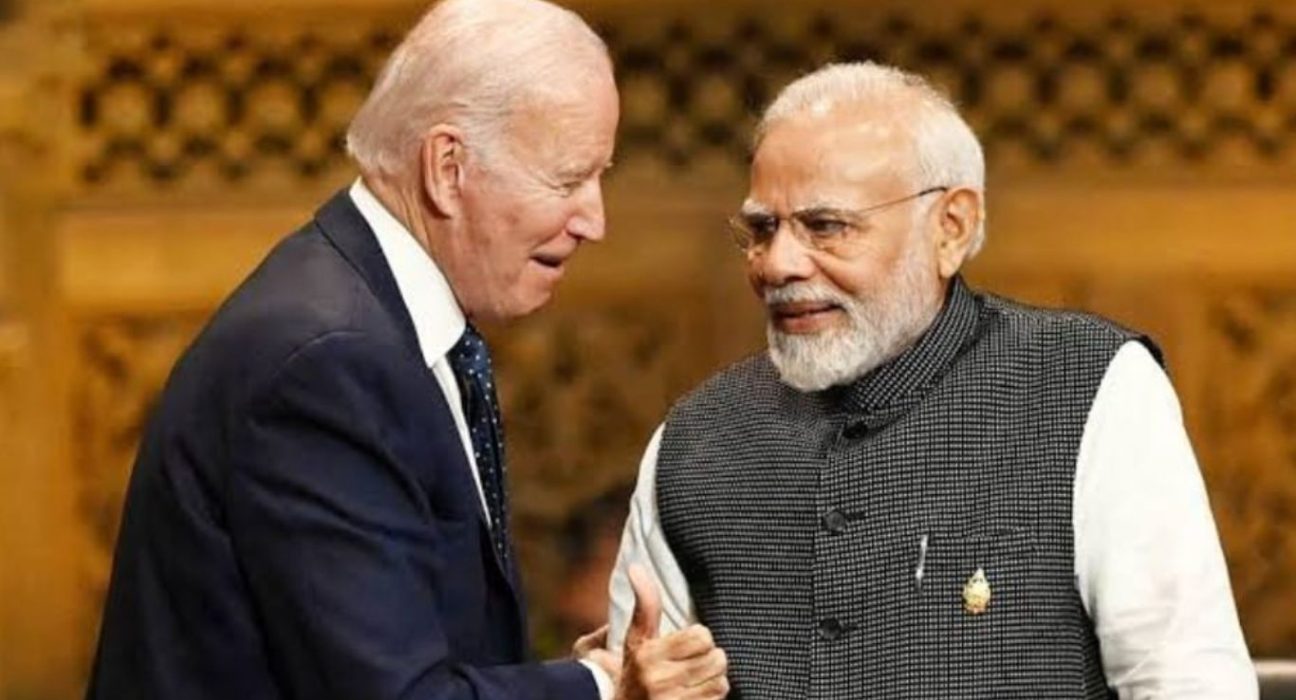Introduction
In a significant turn of events at the G20 Summit in Delhi, India, on September 9, 2023, US President Joe Biden and Indian Prime Minister Narendra Modi announced the resolution of the seventh and final outstanding World Trade Organization (WTO) dispute between their nations. This achievement comes on the heels of an unprecedented settlement of six bilateral trade disputes earlier in June 2023. In this article, we delve into the details of this historic resolution and its implications for the India-US trade relationship.
The Genesis of the Dispute
The India-US trade relationship has witnessed its fair share of challenges over the years, with multiple WTO disputes lingering unresolved. These disputes spanned a variety of issues, from tariffs to intellectual property rights, and had the potential to strain diplomatic ties between the two nations.
Historic Resolution at G20 Summit
The announcement of the resolution of the seventh and final outstanding WTO dispute during the G20 Summit underscores the commitment of both India and the United States to fostering a more cooperative and amicable trade relationship. The joint statement issued by the leaders emphasized their satisfaction with this milestone achievement.
A Closed-Door Meeting of Minds
Prior to the joint announcement, President Biden, accompanied by US Treasury Secretary Janet Yellen, engaged in a closed-door meeting with Prime Minister Modi. This meeting served as a crucial catalyst for the resolution, highlighting the importance both leaders placed on addressing and resolving these longstanding trade disputes.
Implications for Trade Relations
The settlement of these WTO disputes signifies a turning point in India-US trade relations. It not only removes a significant source of tension but also paves the way for enhanced cooperation in various sectors, including technology, agriculture, and pharmaceuticals. Both nations can now focus their energies on expanding trade opportunities and fostering economic growth.
The Importance of Bilateral Trade
Bilateral trade between India and the United States has always held immense potential. With the disputes now behind them, the two nations can harness this potential to the fullest. The removal of trade barriers and the resolution of contentious issues will likely lead to an increase in trade volumes and investments.
Addressing Intellectual Property Concerns
One of the critical issues in the disputes revolved around intellectual property rights. With this resolution, both nations can work collaboratively to strike a balance between protecting intellectual property and promoting innovation, thus benefiting businesses and consumers alike.
Tariff Reductions and Market Access
Another area of contention had been tariffs and market access. The settlement of these disputes opens the door for negotiations aimed at reducing tariffs and facilitating easier market access for goods and services. This will undoubtedly boost trade flows and economic growth for both India and the United States.
Global Implications
The resolution of these disputes also carries global implications. It sends a strong signal to the international community about the importance of resolving trade disputes through diplomatic means and fostering cooperative trade relations. India and the United States have set an example that other nations can follow to address their own trade challenges.
The Way Forward
As both nations move forward with their trade relationship, it is imperative that they build on the momentum created by these dispute resolutions. Regular dialogues, trade agreements, and a commitment to fair trade practices will be essential in ensuring a prosperous future for India-US trade relations.
Conclusion
The resolution of the seventh and final outstanding WTO dispute between India and the United States at the G20 Summit is a testament to the power of diplomacy and cooperation in addressing complex trade issues. It marks a historic turning point in their trade relationship and opens up new opportunities for economic growth and collaboration. With a focus on intellectual property, tariffs, and market access, both nations are poised to create a more conducive environment for trade and innovation. This achievement not only benefits India and the United States but also sets a positive example for the world in resolving trade disputes thro










